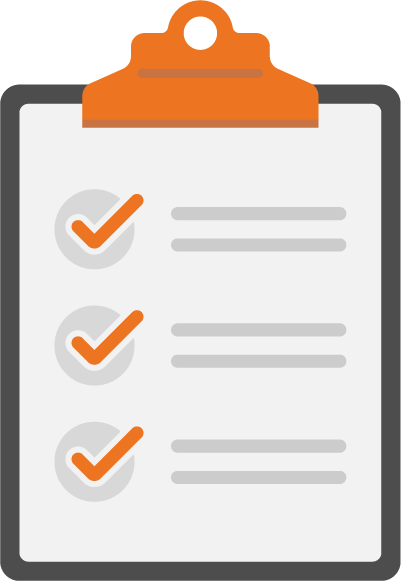Echocardiogram
An echocardiogram (echo test) is a safe and painless imaging test that helps your doctor evaluate your heart, plan your treatment and order any other tests that are needed.
During an echocardiogram a transducer (a device that looks like a microphone) bounces harmless soundwaves off your heart showing the heart's size as well as the health of your heart's chambers and valves.
Mercy Medical Center provides exceptional diagnostics for our heart and vascular patients. Our physicians use the latest technology to ensure an accurate diagnosis so we can provide you with the best course of treatment available. Meet our team.
What to expect during an echocardiogram (echo test)
An echo test can be done in a hospital, test center or your doctor's office. Most echo tests take only 10 to 20 minutes. During the procedure:
- Small pads (electrodes) are placed on your chest to monitor your heartbeat.
- A transducer coated with cool gel is moved firmly over your chest. This device creates the sound waves that make images of your heart.
- At times, you may be asked to exhale and hold your breath for a few seconds. Air in your lungs can affect the images.
- The transducer may also be used to do a Doppler study. This test measures the direction and speed of blood flowing through the heart. During the test, you may hear a "whooshing" sound. This is the sound of blood flowing through the heart.
- The images of your heart are stored on a computer or recorded on video so that your doctor can review them later.
After the test you can return to normal activity unless your doctor tells you otherwise. Your doctor will discuss your test results with you during a future office visit. Be sure to keep follow-up appointments.
Preparing for an echocardiogram
Before your cardiogram, follow any instructions your doctor may provide. Also:
- Discuss any questions or concerns you have with your doctor
- Mention any over-the-counter or prescription medications, herbs, or supplements you're taking
- Allow extra time for checking in
- Wear a two-piece outfit for the test. You may be asked to remove clothing and jewelry from the waist up. If so, you'll be given a short hospital gown
At risk for heart disease?
Heart disease comes in many forms and can affect people of any age, gender, or ethnicity. In fact, heart disease is the leading cause of death in the United States. The more you can learn about your heart health, the better. Knowledge is truly powerful medicine that helps you understand your risks and take action to lessen your potential for problems. It can lead to early detection, and most importantly, to early treatment and better outcomes.
Take this quick assessment to:
- Understand symptoms, causes, and types of heart disease
- Determine your risk factors for developing heart disease
- Learn which lifestyle factors can decrease your risk

